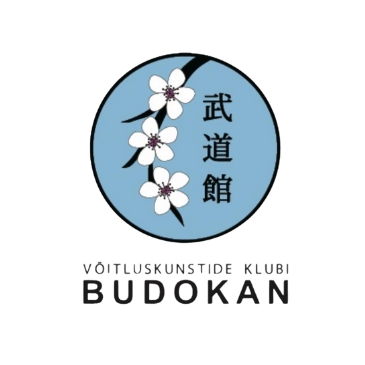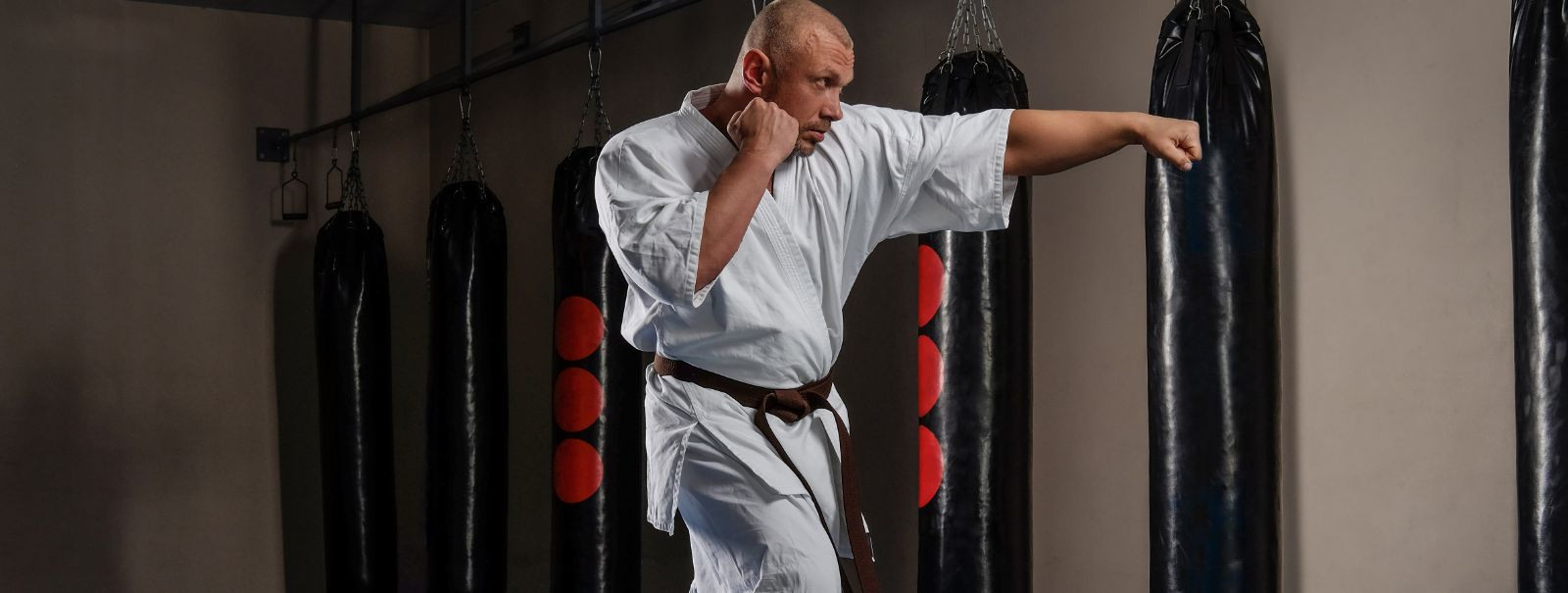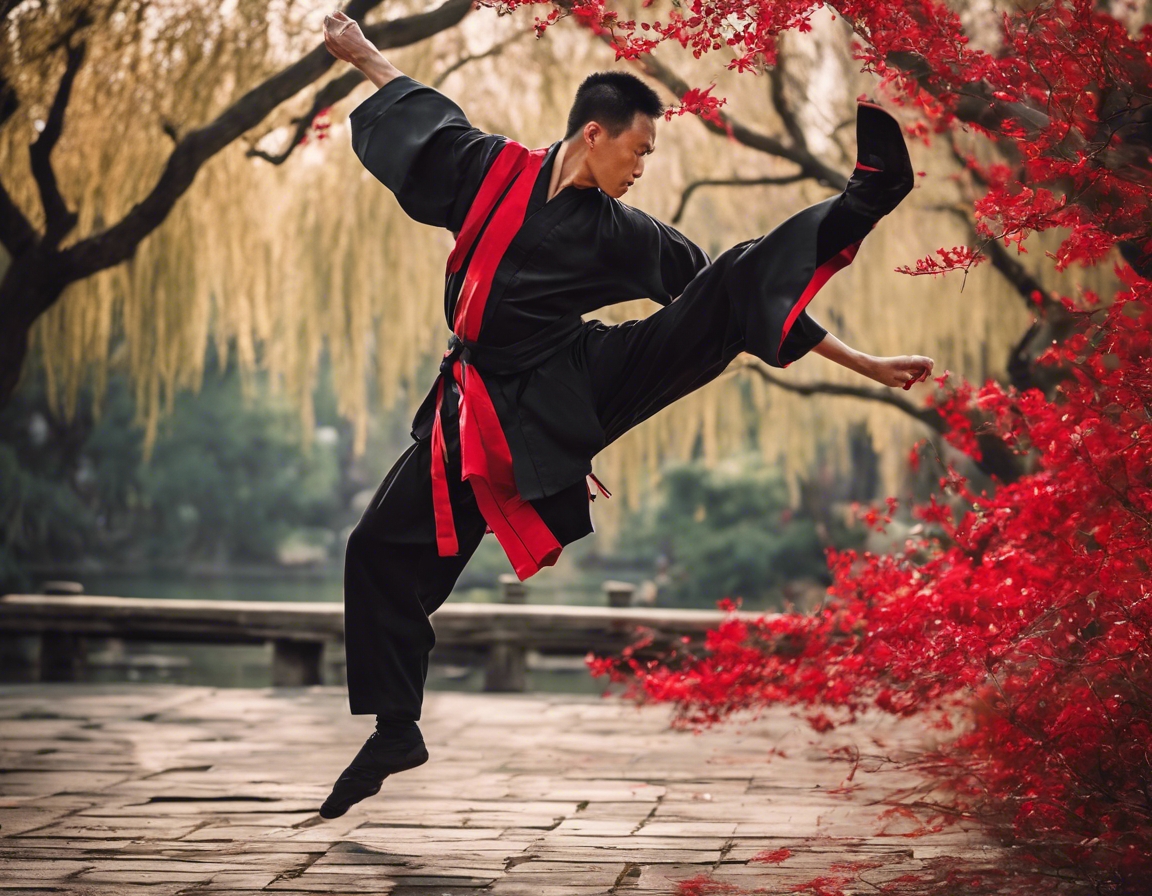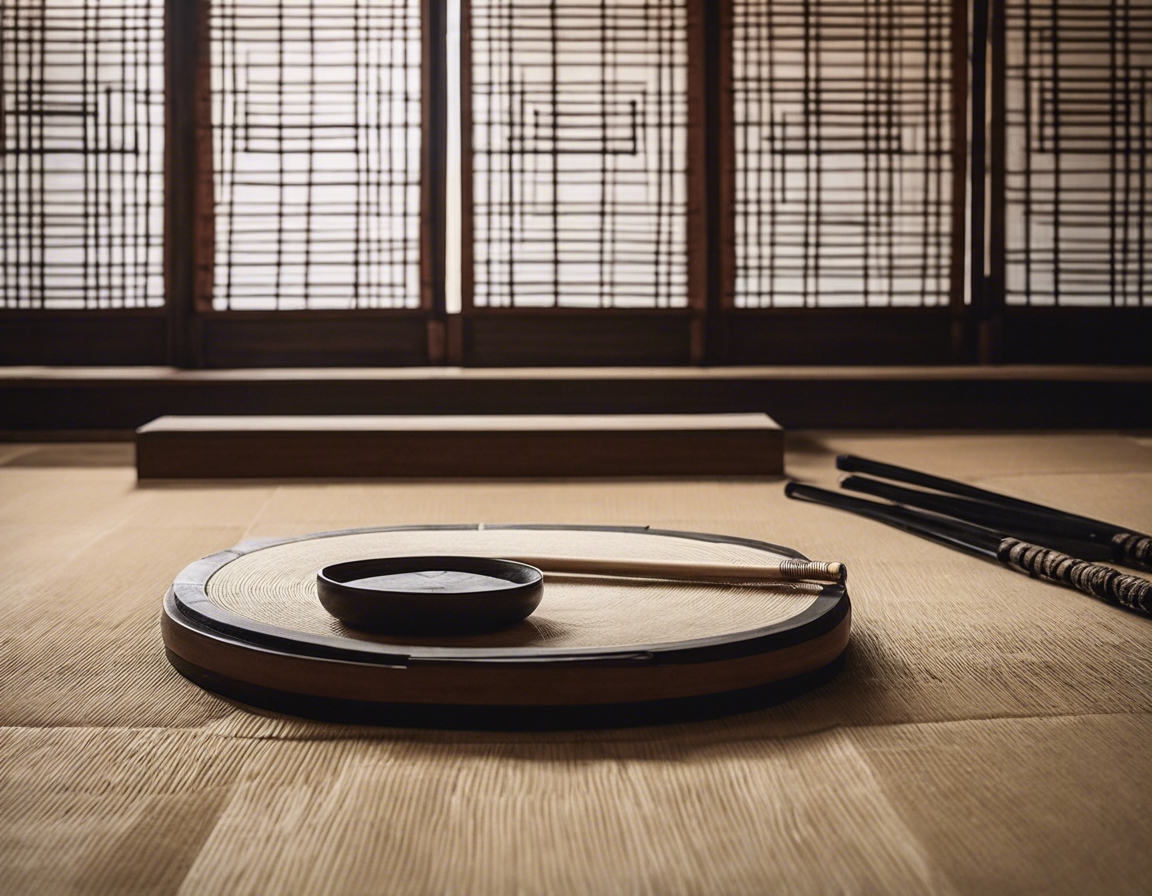The philosophy behind our martial arts ethos
The journey of martial arts is as much about cultivating the spirit and mind as it is about honing the body's capabilities. The philosophy behind martial arts is deeply rooted in a rich history of tradition and ethical practice, which guides practitioners not just in their physical endeavors, but in their personal lives as well.
The ethos of martial arts encompasses a set of values and principles that form the backbone of every technique and practice session. It is a blueprint for behavior inside and outside the dojo, shaping individuals to become better versions of themselves.
Martial arts have been practiced for centuries across various cultures, each contributing to the philosophical tapestry that informs today's practices. From the Bushido code of the samurai to the Taoist principles in Chinese martial arts, these historical philosophies have a profound impact on modern martial arts training.
The Core Principles of Our Martial Arts Ethos
At the heart of martial arts is the principle of respect—respect for the art, the instructor, fellow practitioners, and oneself. This respect translates into a sense of honor that is carried with dignity and integrity.
Discipline is the cornerstone of martial arts training, fostering self-control and focus. It is the discipline that allows practitioners to push their limits and achieve mastery over their movements and reactions.
Perseverance is the fuel that drives martial artists to continue training, even in the face of challenges and setbacks. It builds resilience, enabling them to bounce back from failures with renewed determination.
Humility is a virtue in martial arts, as it opens the door to learning and self-improvement. Recognizing that there is always room to grow, martial artists strive for continuous improvement in all aspects of life.
Applying Philosophy to Practice
Philosophy is not just a theoretical concept in martial arts; it is applied in every aspect of training. The mind and body are developed in tandem, with mental fortitude being as important as physical strength.
The dojo is more than a place of training; it is a community where fellowship is fostered. Practitioners learn to work together, support one another, and build lasting relationships based on mutual respect and shared goals.
Senior students are often given the opportunity to lead and teach, fostering a sense of responsibility and leadership skills that will serve them well in all areas of life.
The Role of Martial Arts in Personal Development
Martial arts training offers a multitude of physical benefits, including improved strength, flexibility, coordination, and overall fitness.
The mental and emotional growth that comes from martial arts training is invaluable. Practitioners learn to manage stress, develop confidence, and cultivate a positive mindset.
Martial arts training also imparts important social skills and ethical considerations, teaching practitioners how to interact with others respectfully and with integrity.
Why Choose Võitluskunstide Klubi Budokan MTÜ
At Võitluskunstide Klubi Budokan MTÜ, we take a unique approach to martial arts training, emphasizing the philosophical aspects as much as the physical ones. Our ethos is integrated into every lesson, ensuring that our students not only become skilled martial artists but also responsible, ethical individuals.
Our programs are specifically designed to support the physical, mental, and emotional development of children and young adults. We provide a safe and nurturing environment where they can thrive and grow.
Our team of expert instructors is dedicated to providing a supportive environment that encourages growth and learning. We are committed to helping our students achieve their full potential in martial arts and in life.








Comments (0)